The Rage
New Traditionalist
Chuck Prophet may be best described as a new traditionalist - or a traditionalist for the 21st century. He works happily within the constructs of American roots music’s structures and sounds, but sets them on their ears with clanking, roiling rhythm sections and lyrics that sketch images in bold outline but leave the details blurry. With his considerable guitar skills, murky grooves and growling delivery, Prophet can twist a conventional song into a gritty, hungover animal that will let you pet it, but may bite your hand off if you ain’t careful. The artist who cut his teeth as guitarist for Green on Red in the ‘80s has grown, over the past decade, into a formidable writer with a distinct vision. As he tells The Rage, ‘The challenge is that you want songs to make sense, you just don’t want ‘em to make too much sense. So, there’s a slightly abstract expressionist approach to it.’
And expressionist he is on his sixth and most recent solo release, No Other Love. With 11 snarling, swooning songs and a no-b.s. delivery, Prophet is at his finest. The sonic corners of the record are filled (but not overstuffed) with wonderfully skewed details - tape recorders, omnichords and accordions peer out from the shadows. ‘For me,’ Prophet explains, ‘records are defined by things like the theremin at the beginning of Good Vibrations or the fuzz guitar on Satisfaction or the fact that somebody was smart enough to tell Roger Daltrey to stutter when he sang My Generation. Those are the little things.’ Laughing, he adds, ‘Sometimes they just appear, other times you gotta go around with a flashlight in the dark looking for them.’
With his gruff delivery calling to mind Greg Brown and hinting at Tom Waits, Prophet’s lyrics are especially effective. At his most tender, Prophet still comes off rough and ready. He also shares much in common with Lucinda Williams, for whom he opens at the debut Miller Lite Uptown Mix on Wednesday, July 3. Both artists manage to be simultaneously conversational and otherworldly in phrasing and in lyrical content. As Prophet explains, ‘I’m a traditionalist at heart in terms of songwriting. I’m a verse/chorus/verse/chorus kind of guy. The challenge for me has always been finding new ways to turn it sideways. My songwriting heroes are still gonna be Carole King, Dan Penn, Hank Williams. But it’s interesting, in a lot of modern music like DJ Shadow or even Moby, how they’ve sort of thrown a lot of traditional structure out the window. I like that from a distance, but I guess that’s the challenge, to find ways to turn verse/chorus/verse/chorus/bridge inside out a little.’
Although Prophet consistently overcomes that challenge, it’s not always easy. ‘For me, right around the middle of [making] the record I feel like one of those Goya etchings with bats coming out of my head. This record was no different. Individual songs ... some of them are more stubborn than others. Some, you try to wrestle to the ground and they end up wrestling you to the ground. Some come on the first take, and others you gotta put them up on blocks and rotate the tires and you gotta cut them 10 times.’
Now the songs that compose No Other Love are back off the blocks and on the road, which is where Prophet, partner and collaborator Stephanie Finch and Prophet’s exceptional band pretty much stay. That’s the strategy for the year, Prophet says. ‘The plan is to go out and play and see where it takes us. Play every last f—king burg and city that’ll have us, and most of ‘em twice.’
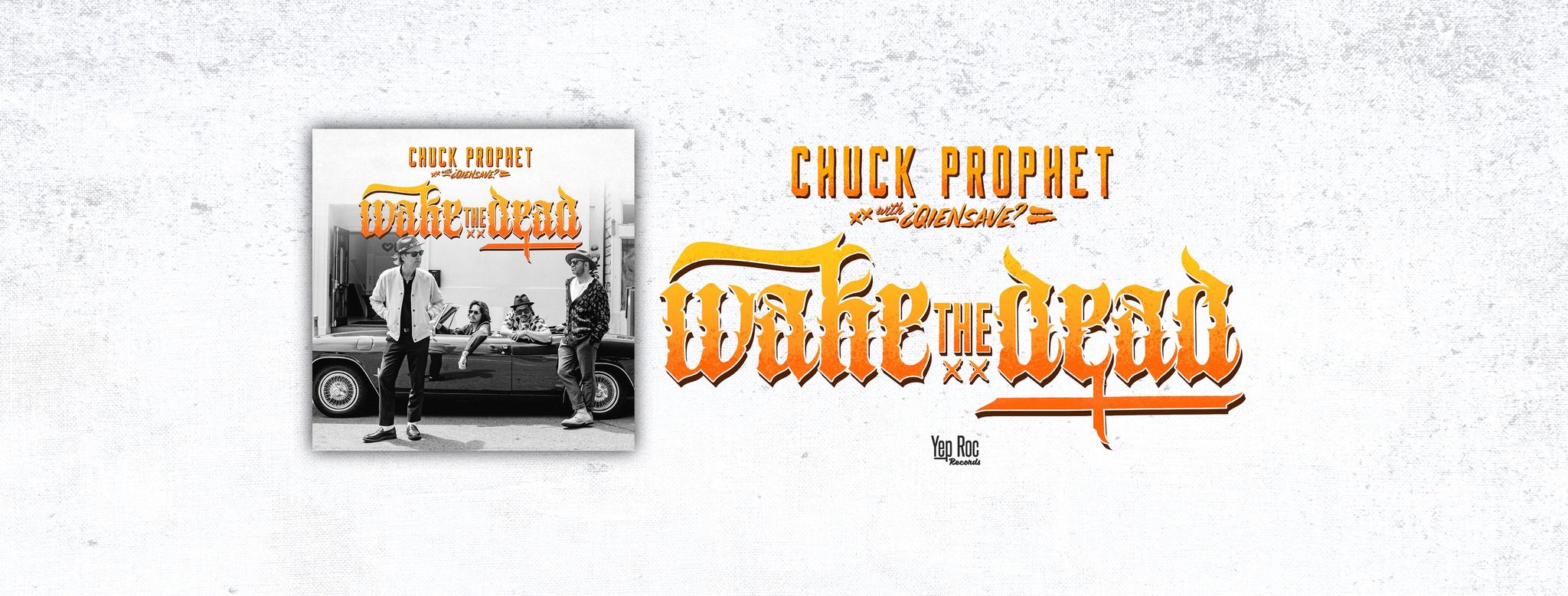




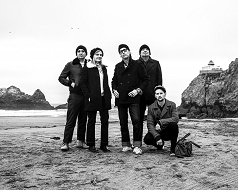
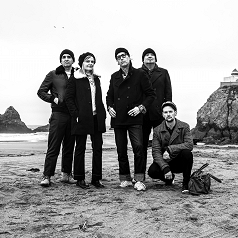
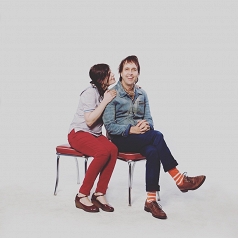
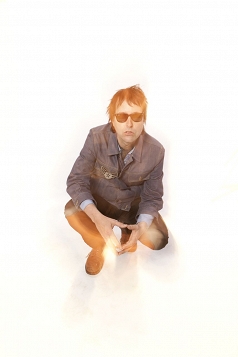

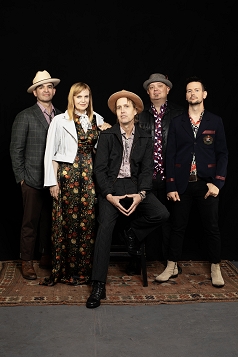
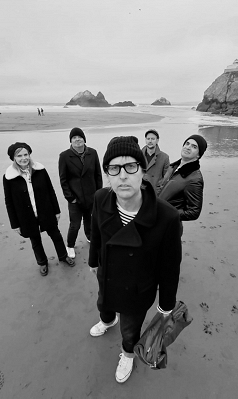
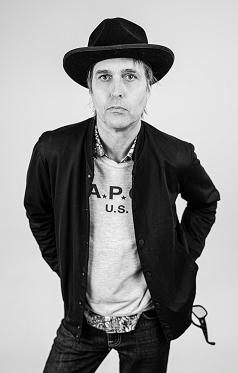
3_238_159auto_s_c1.jpeg)
